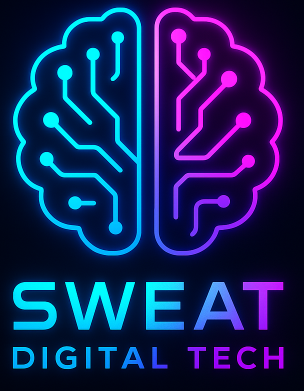Introduction
In recent years, artificial intelligence (AI) has emerged as a transformative force across numerous industries. One AI technology that is gaining significant traction globally is Ollama, an open-source Large Language Model (LLM). This report delves into the power and potential of Ollama in shaping future trends over the next five years, exploring its applications and impacts across various sectors.
The Power of Ollama: A Brief Overview
Ollama is an innovative tool that pioneers Local Large Language Models (LLMs) like Llama 2 and Mistral locally. Its unique feature lies in bundling model weights, configurations, and datasets into a unified package managed by a Model file, simplifying the complex process of running LLMs.
Ollama’s Power: Implications for Diverse Users
One of Ollama’s most significant strengths is its democratisation of AI development. Its simplified local model usage empowers content creators and developers without deep technical backgrounds to directly interact with and contribute to the development of AI models. This exclusivity fosters a broader community of AI practitioners and enthusiasts, promoting diversity in innovation and application.

The Role of Ollama Over the Next Five Years
- Accelerating Innovations: The scalability and accessibility offered by Ollama will likely accelerate AI-driven innovations across various sectors. From healthcare to financial services, retail to manufacturing, industries are expected to witness exponential growth in their adoption of AI technologies like Ollama.
- Enhancing Productivity: As per a 64% belief among businesses, artificial intelligence is poised to increase overall productivity. With the projected annual growth rate of AI at 37.3%, industries that adopt Ollama and similar technologies are expected to witness significant efficiency gains over the next five years.
- Transforming Professional Work: The era of generative AI, as evidenced by McKinsey’s State of AI report (August 2023), is just beginning. With Ollama and similar LLMs at their disposal, professionals in various sectors can expect to experience a paradigm shift in how they approach tasks, making them more efficient and effective than ever before.
- Driving Legislation: The rise of AI technologies like Ollama has prompted an increased focus on legal implications surrounding their use. With the future of AI holding boundless possibilities, it is essential for lawmakers to keep pace with these advancements and formulate appropriate legislation that can foster growth while ensuring ethical practices and data privacy.
Conclusion
Ollama represents a significant milestone in the evolution of artificial intelligence technologies. Its power lies not only in its technical capabilities but also in its democratization, allowing for diverse users to interact with AI models directly. Over the next five years, Ollama and similar LLMs are projected to drive innovation, enhance productivity, transform professional work, and shape legislation surrounding AI technologies. As we stand at the cusp of this new era, it is crucial for stakeholders across industries to embrace these advancements while ensuring that they align with ethical standards and social values.
References:
- Perfectica’s search results (June 2024)
- McKinsey & Company’s State of AI report, August 2023
- Legal Tech’s Milestones for Artificial Intelligence in the legal industry, by Stephanie Wilkins (June 2024)




